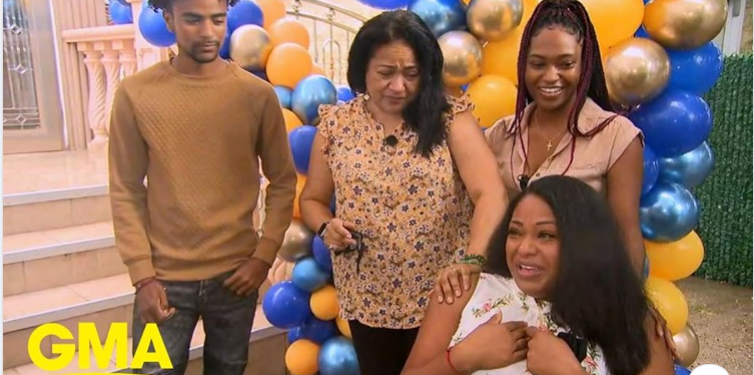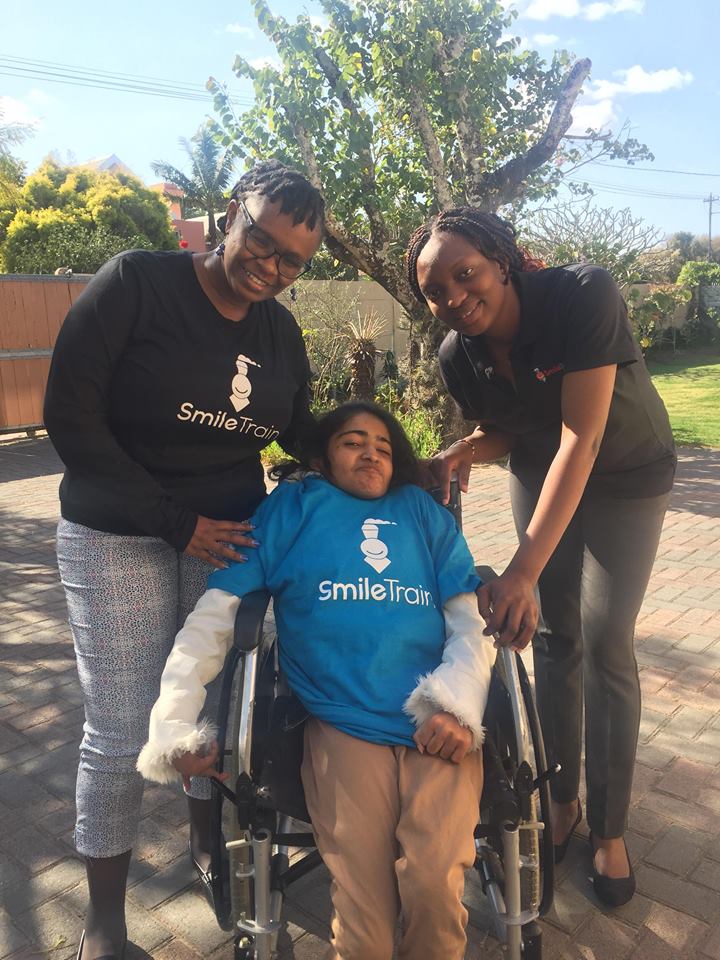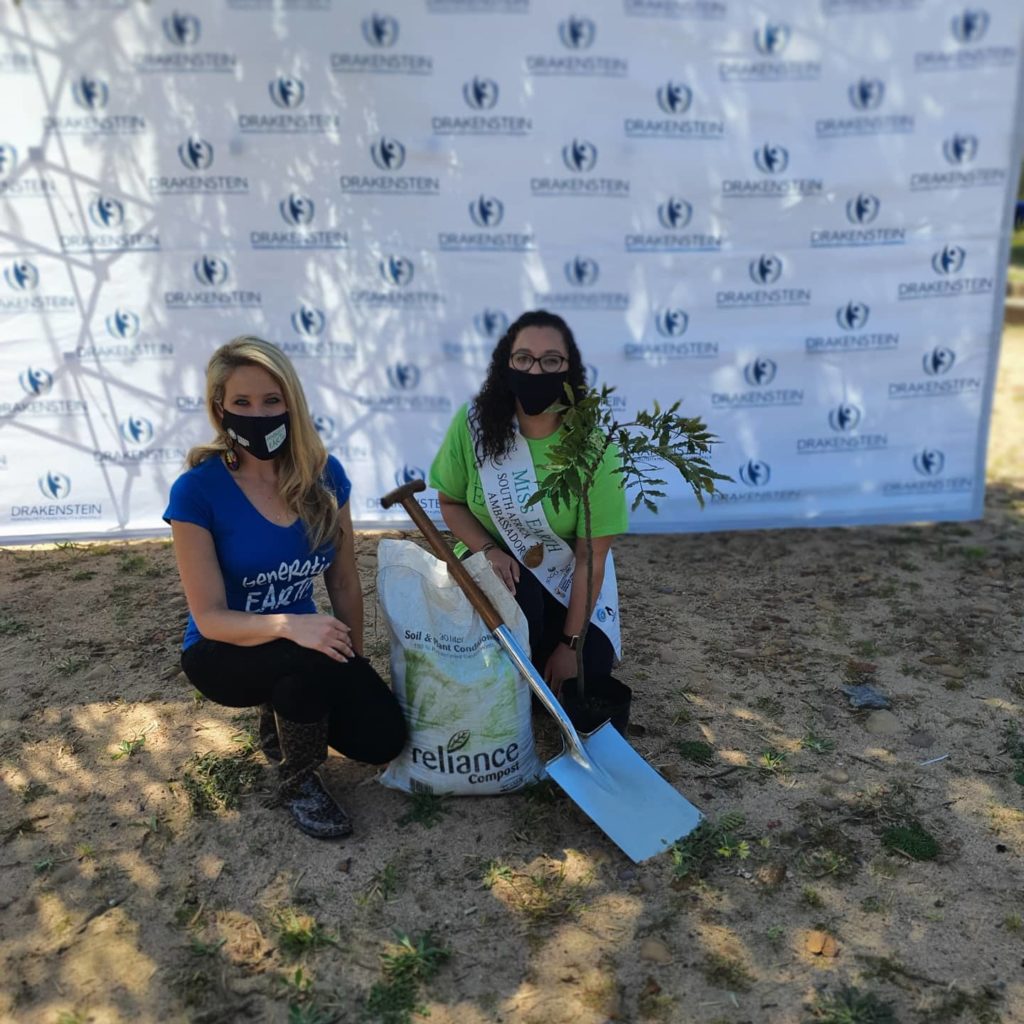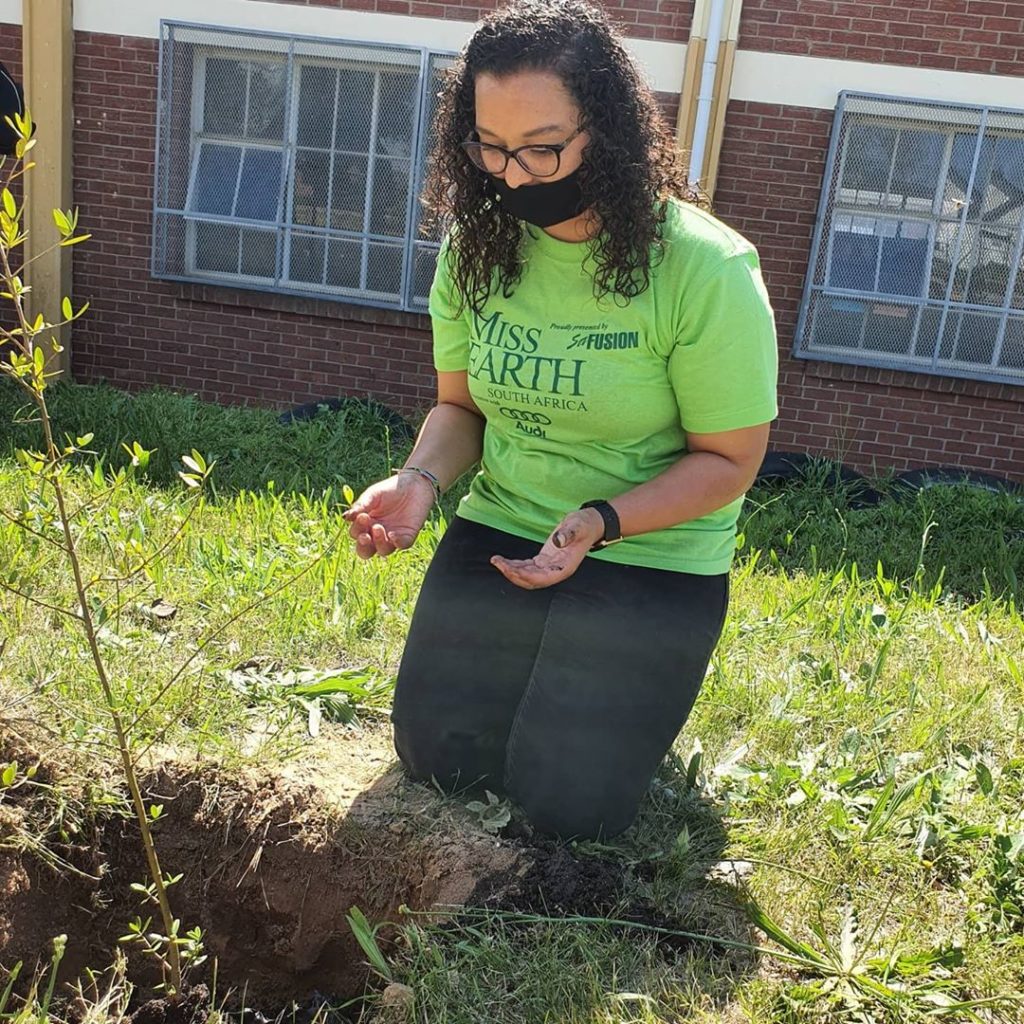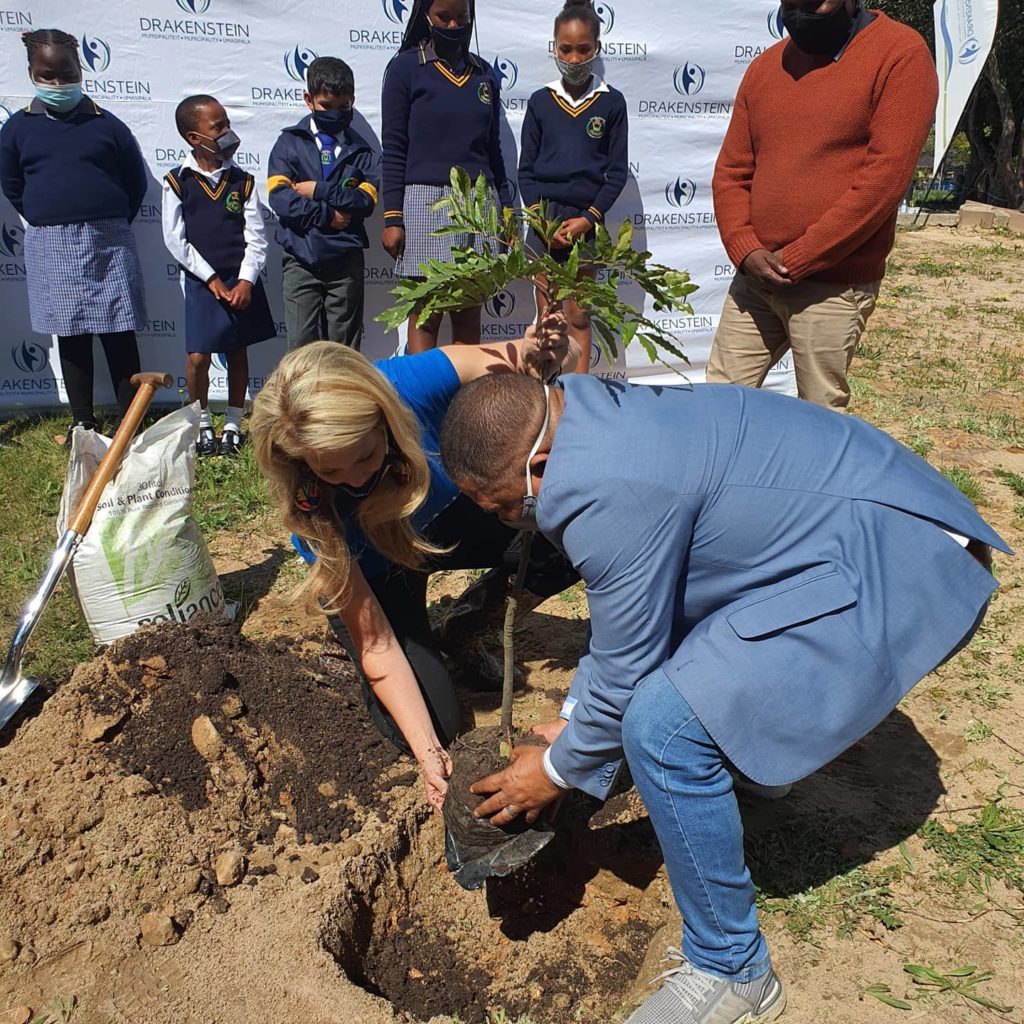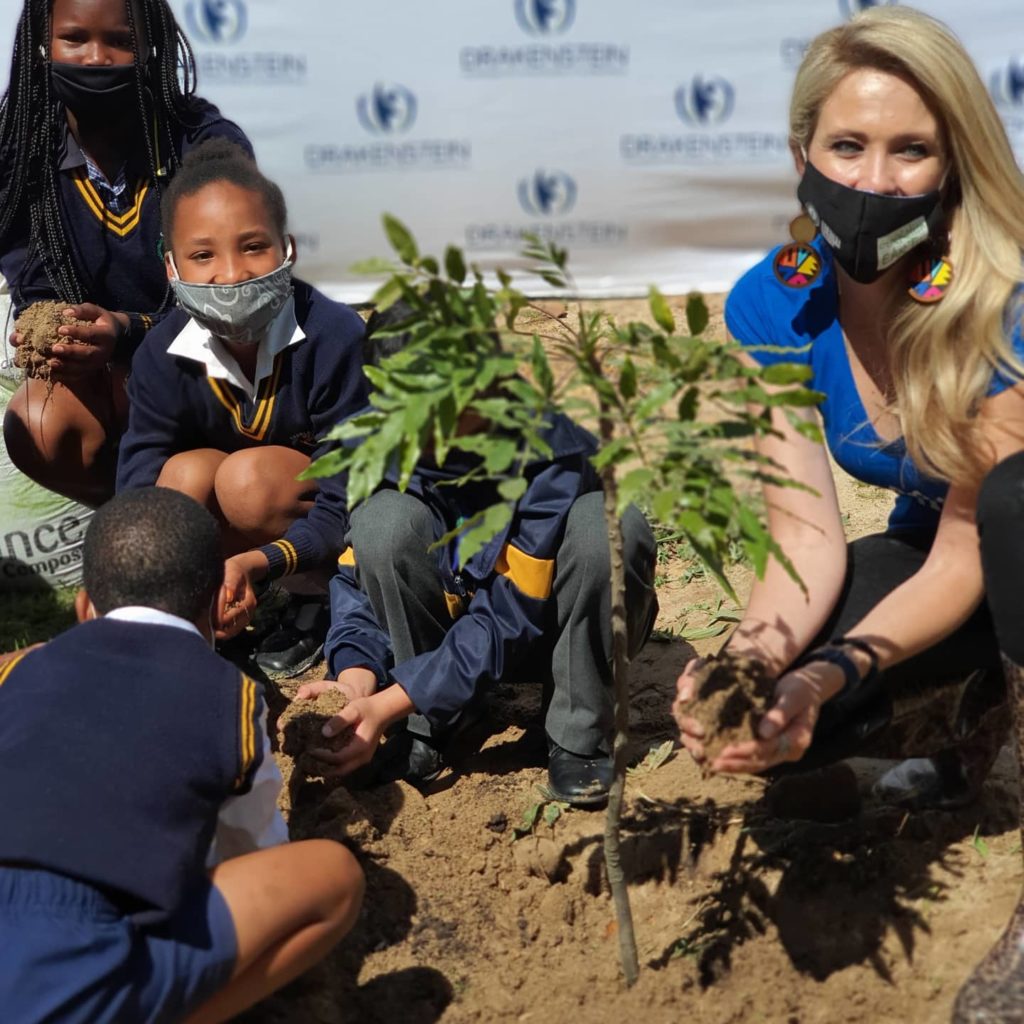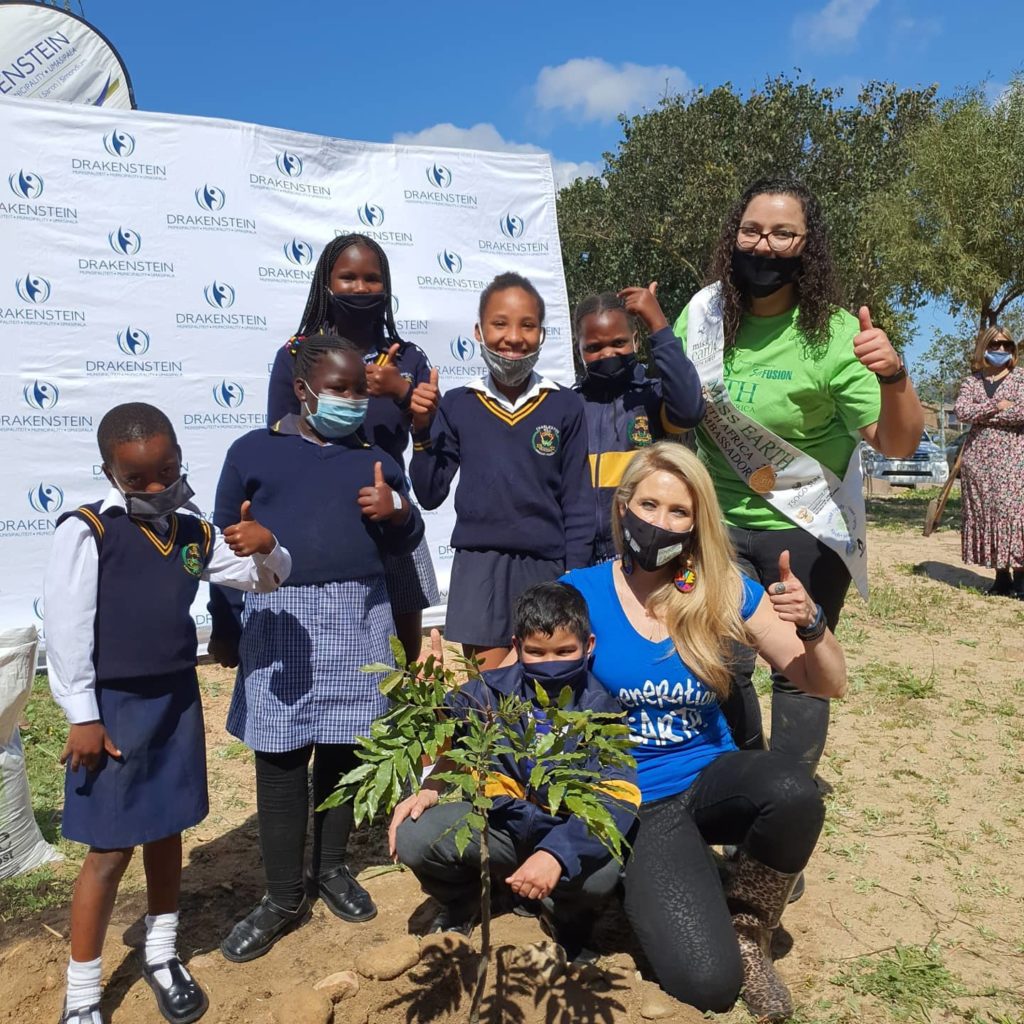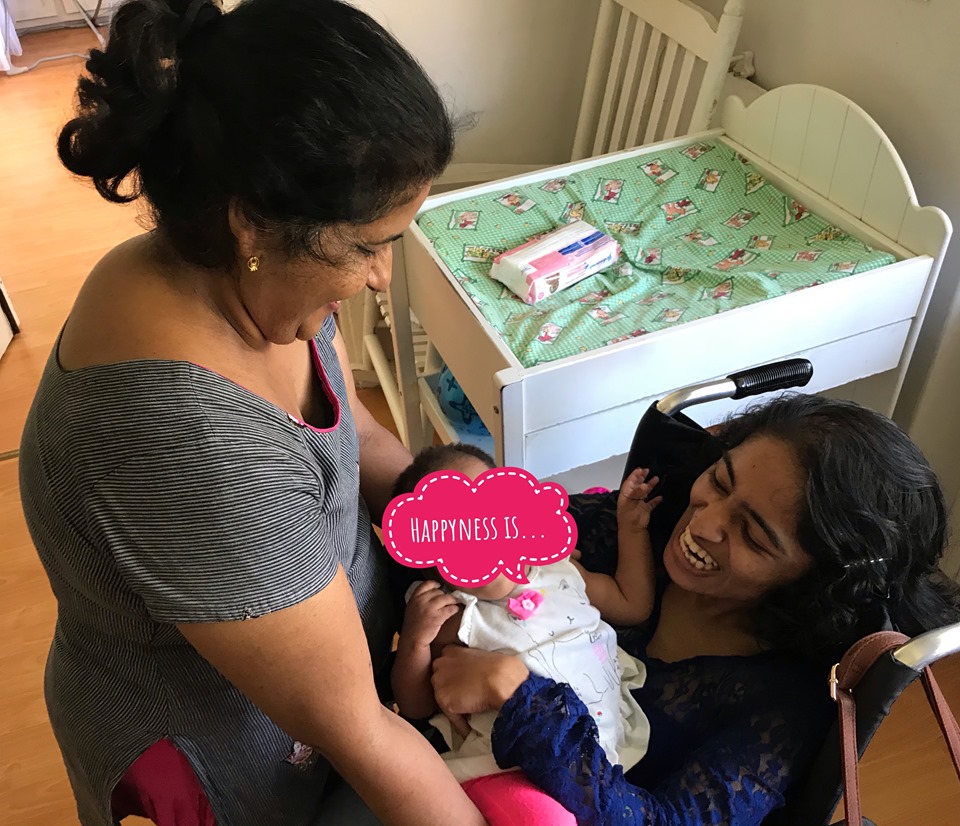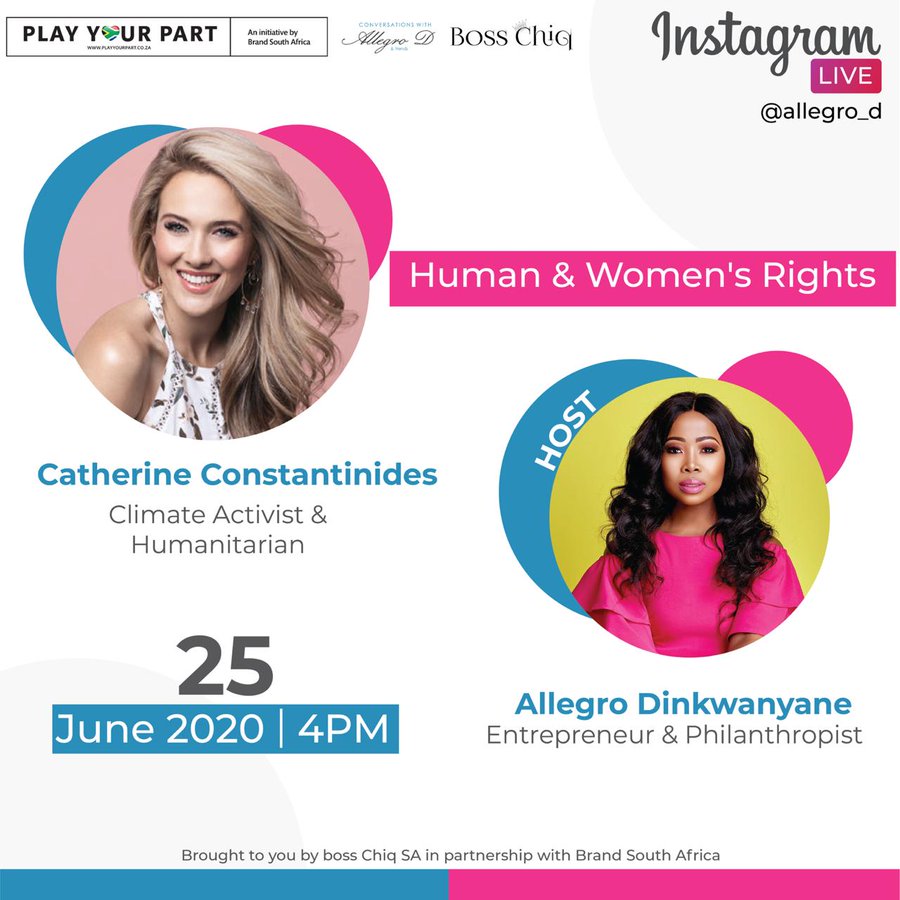
“A baby is as pure as an angel and as fresh as a blooming flower.” – Debasish Mridha
Today marks the two month anniversary of my campaign benefitting Breath of Life(a place of safety for babies here in East London, South Africa) in memory of Gerda Bence. . Goal is R51 000 and raised so far R32 759. THANK YOU SO SO SO MUCH to Terence Naidoo (Founder of Truzo Pty Ltd), David Boutin, Beverly Bernhardt, Meg, Suntosh Pillay, Penny Tarr, Bianca, Melissa, Maqsuda, Mr. Khan, Betty Roy, BG, Nihara Paul, Michelle Parks, VK, Caelyn Barter, Jessy Jones, Alex, Carolyn Steyn, Inayet Ismail, Susannah, Elizabeth, Nokuthula, everybody who donate anonymously and everybody who spread the word on social media – truly appreciate all your support.
If anybody wishes to make a donation they can do so https://backabuddy.co.za/in-loving-memory-of-gerda
